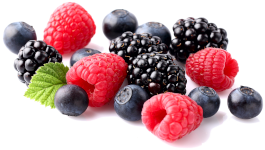
#Ellagic Acid
The highest content of ellagic acid is found in pomegranates, raspberries, blackberries, blueberries and grapes, among others. Ellagic acid has an anti carcinogenic, antimicrobial and antioxidant effect. This special phenolic acid belongs to the group of polyphenols, which in turn are subordinated to secondary plant substances. It binds dangerous environmental pollutants, polycyclic aromatic hydrocarbons. Once bound, these pollutants, which enter the body through the air and pesticides, can no longer cause any damage. Ellagic acid is up to 300 times more effective than other phenolic acids at preventing the development and growth of deseased cells.
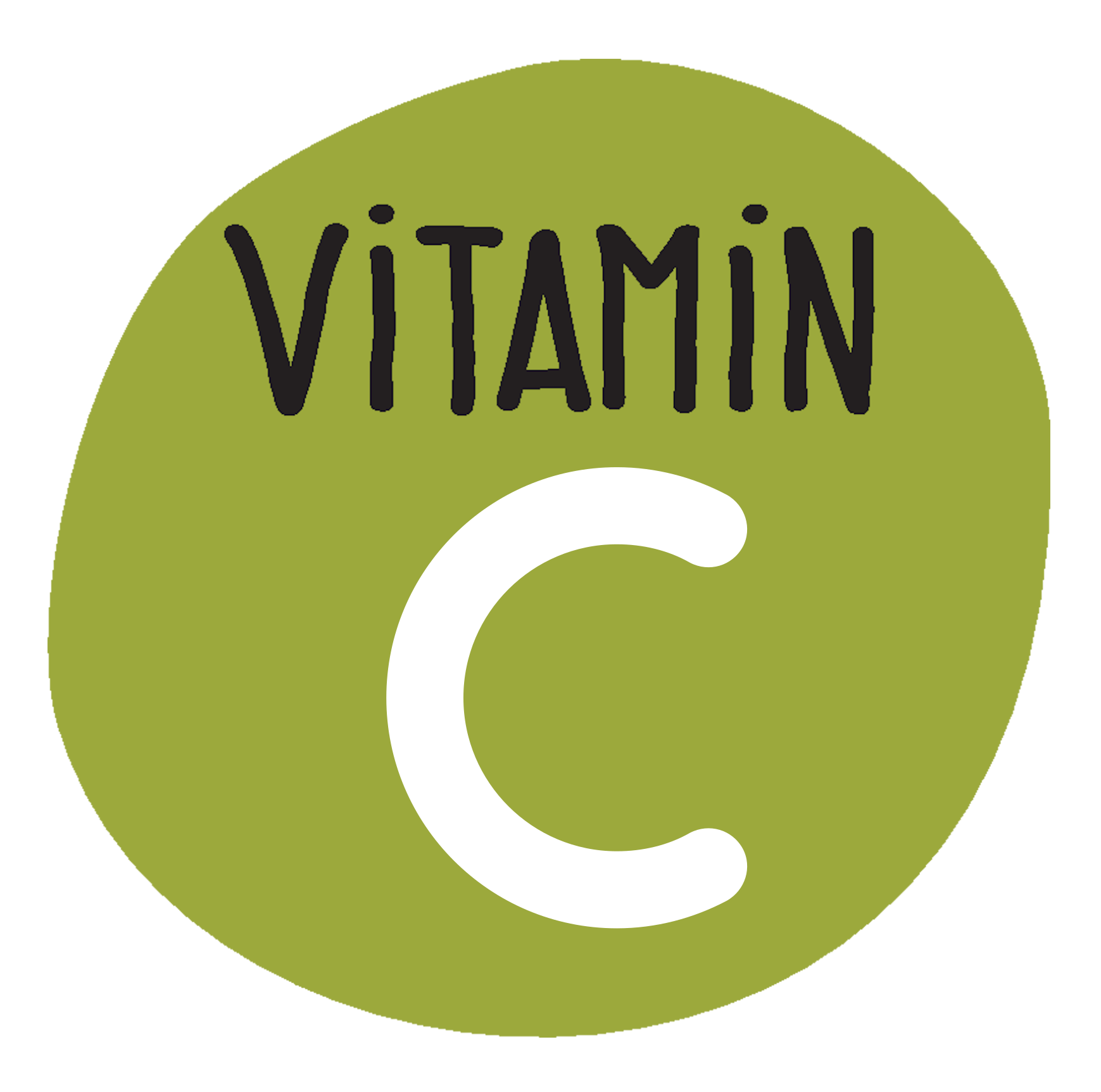
#Vitamin C
Vitamin C is an important antioxidant. It catches and neutralizes free radicals in the blood, brain, body cells and directly in the cell’s nucleus. Vitamin C is prevention towards a number of diseases connected to arteriosclerosis because it normalizes the blood flow. Beyond that it keeps the interior walls of the arteries smooth, so that e.g. Cholesterin cannot attach. Vitamin C strengthens the connective tissue and is also important for wound healing. It activates the liver enzymes that are responsible for the breakdown of toxins. In addition, vitamin C stimulates the burning of fat in the muscles, increases the readiness to react, concentration and relaxation.
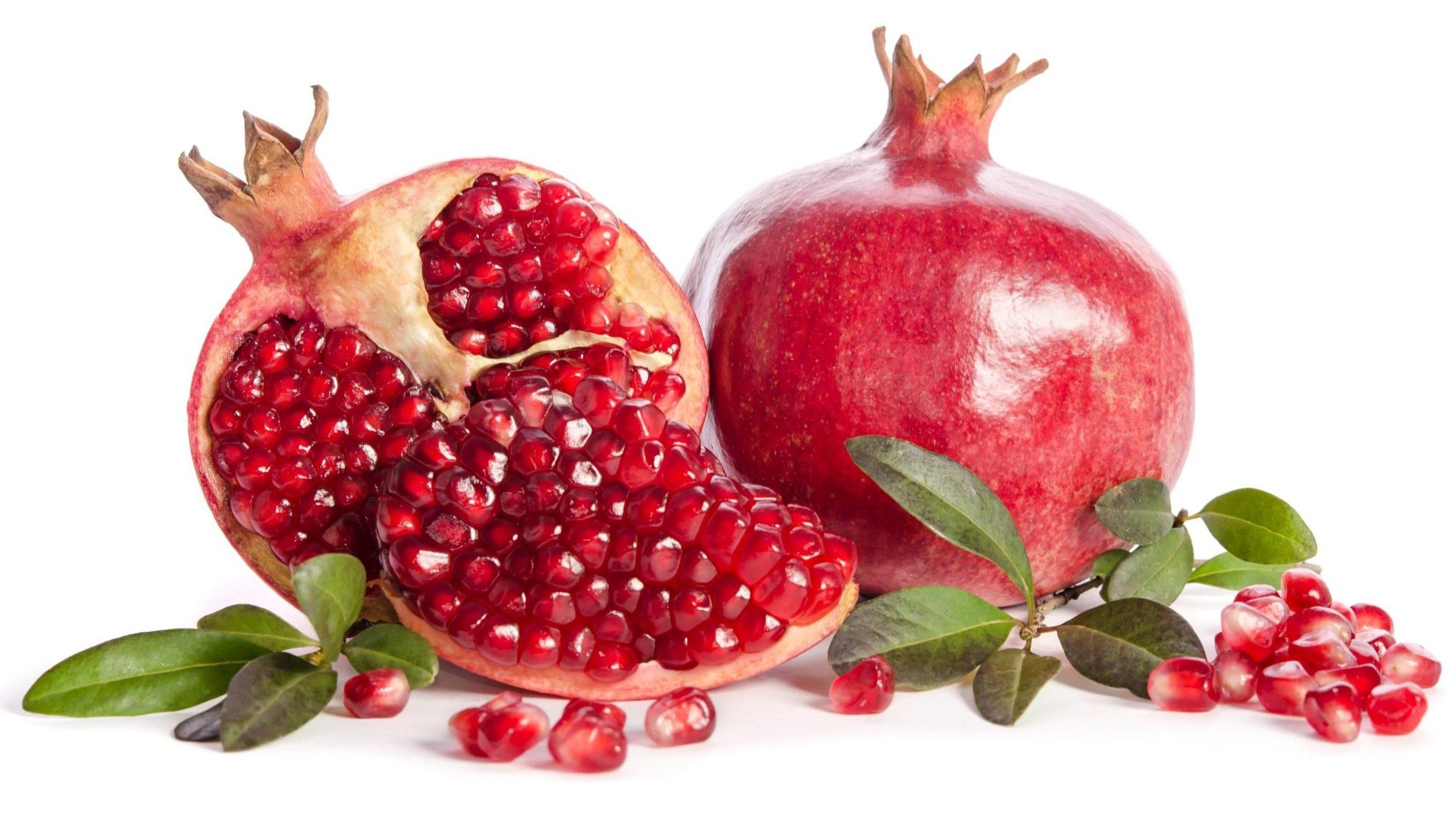
#Pomegranate
The pomegranate is called the apple of youth in the Orient for good reason. Pomegranate seeds are a very good and powerful source of antioxidants. They contain anthocyanins and punicalagin. Antioxidants reduce oxidative stress. Antioxidants, also called free radical catchers, protect cellular health on a daily basis, prevent accelerated aging and inhibit infections. An abundant supply of antioxidants, vitamins and phytochemicals, can prevent a wide range of adverse health effects. Which can occur due to an acute or long-term deficiency of these phytochemicals.
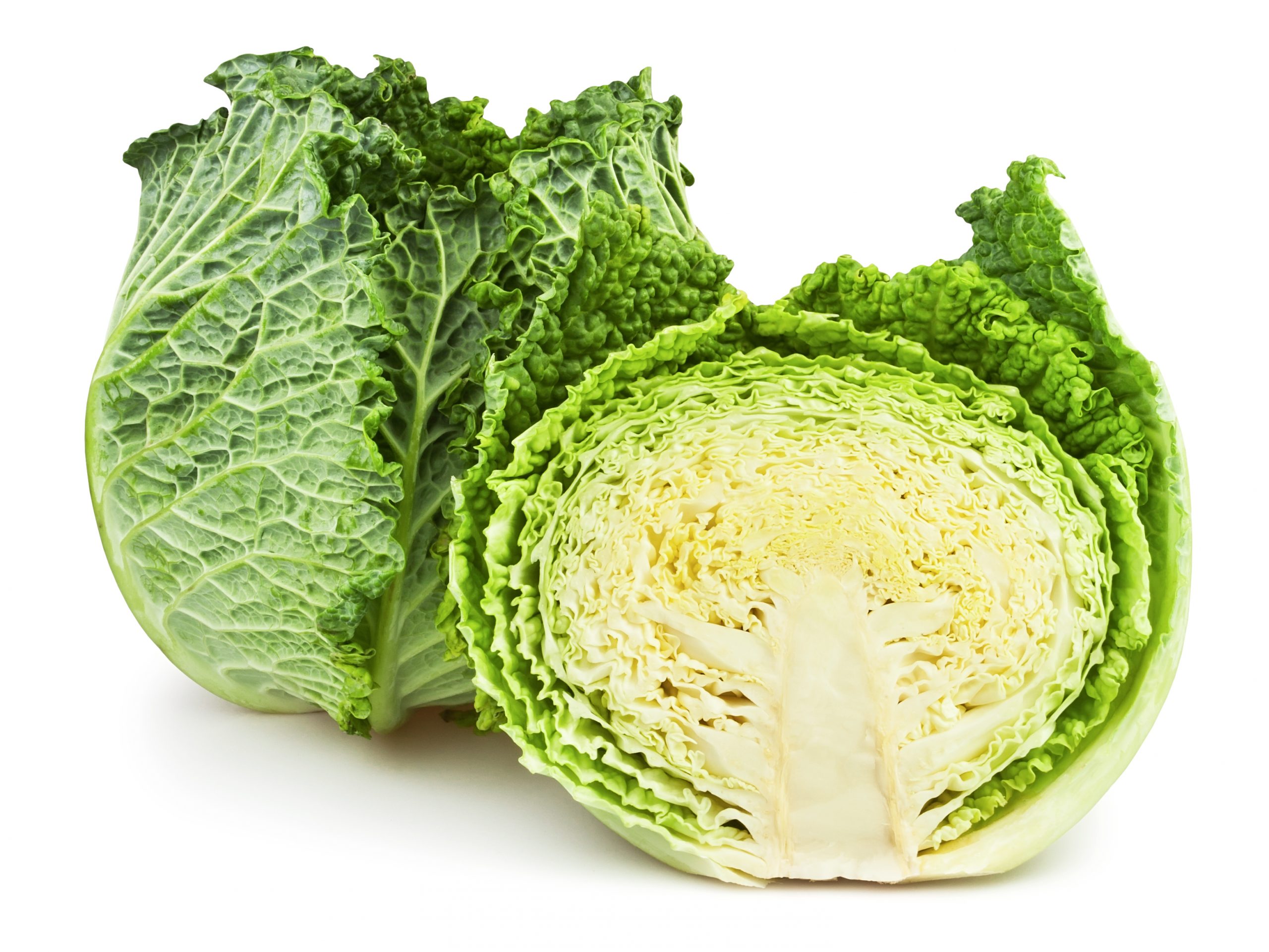
#Folic Acid
A latent lack of folic acid is widespread – not least because the loss of folic acid can be up to 100 percent due to the industrial processing of food and up to 75 percent due to cooking. „Latent“ means that there are often no clear signs of deficiency, at least not for the person affected. After all, who can associate mood swings, paleness, loss of appetite and forgetfulness with a particular vitamin – especially since all these phenomena could have just as many other causes. However, while the symptoms mentioned still sound quite harmless, the same cannot be said of a stroke. But a stroke can also be the result of a folic acid deficiency.
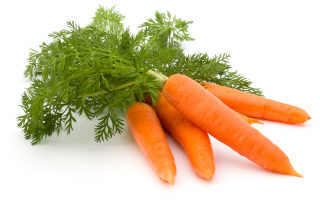
#Carotenoids
Eating as many carotenoids as possible supports radiant skin. A high carotenoid intake is closely linked to the look of a younger biological age. Carotenoids are phytonutrients with a wide range of antioxidant effects. Beta-carotene is one of them, but also astaxanthin from algae, lycopene from tomatoes or crocetin from saffron. All of them can stop cell aging and thus make people younger than they actually are. They also protect the telomeres, which become shorter with each cell division – and we become older. At some point, there is nothing left of the telomeres and they must die. Therefore, the longer the telomeres, the younger the human being is and the longer his or her life is ahead of him or her. Researchers believe that carotenoids are ideal for growing the telomeres or preventing them from shrinking.
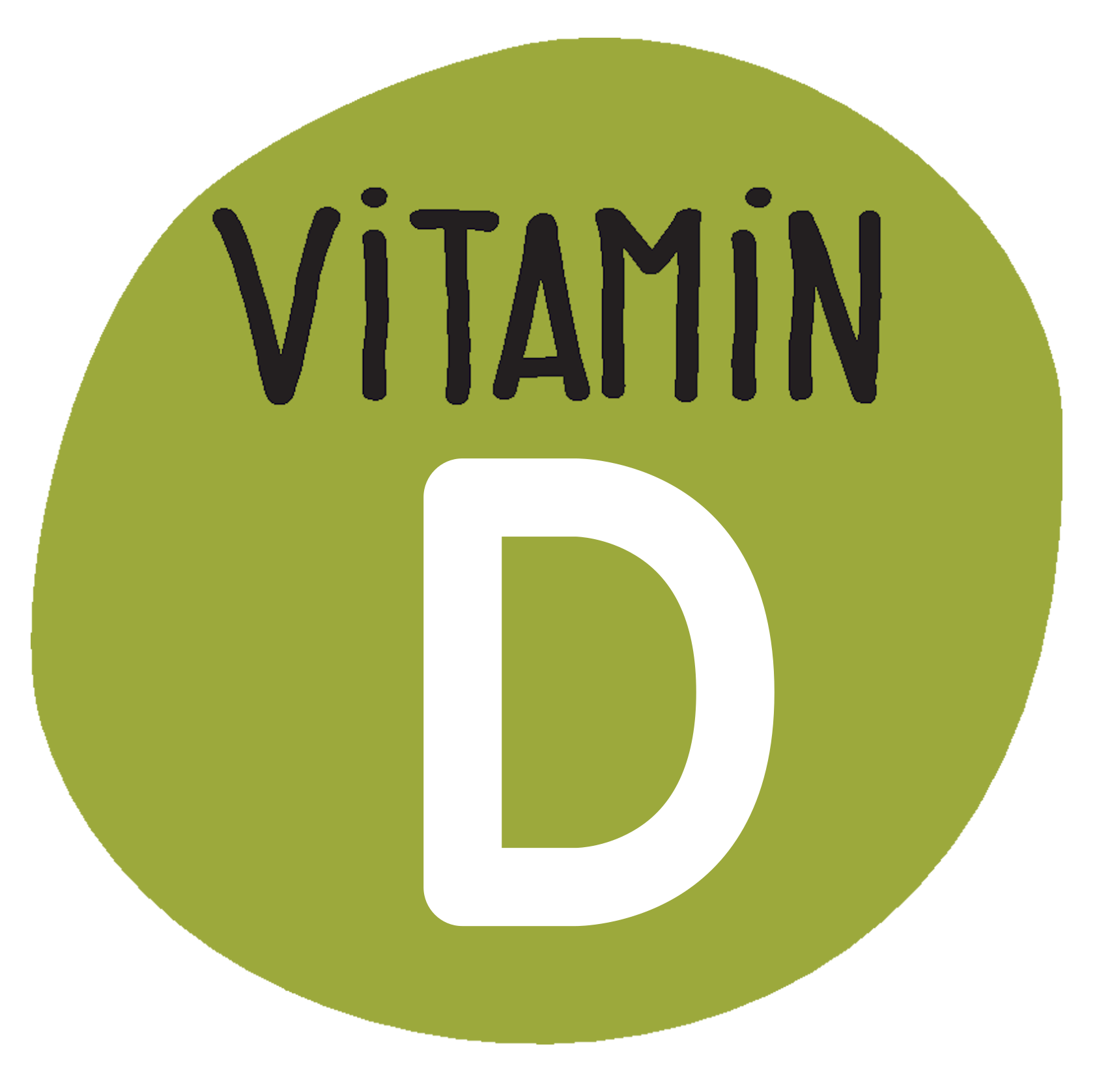
#Vitamin D
Vitamin D has a key function for health. It is involved in thousands of regulatory processes in human body cells. Consequently, a Vitamin D deficiency increases the risk of illness quite considerably – especially in winter, when the sun is far too low in the northern regions of the earth to provide the necessary UV radiation. Until a few years ago one was still of the opinion that the active form of the Vitamin D is formed with the help of sunlight exclusively with the participation of the liver, the kidneys and the skin. Thanks to the American researcher Prof. Holick the discoverer of the active form of vitamin D, we now know that apparently every single cell in the body has the ability to produce active vitamin D.
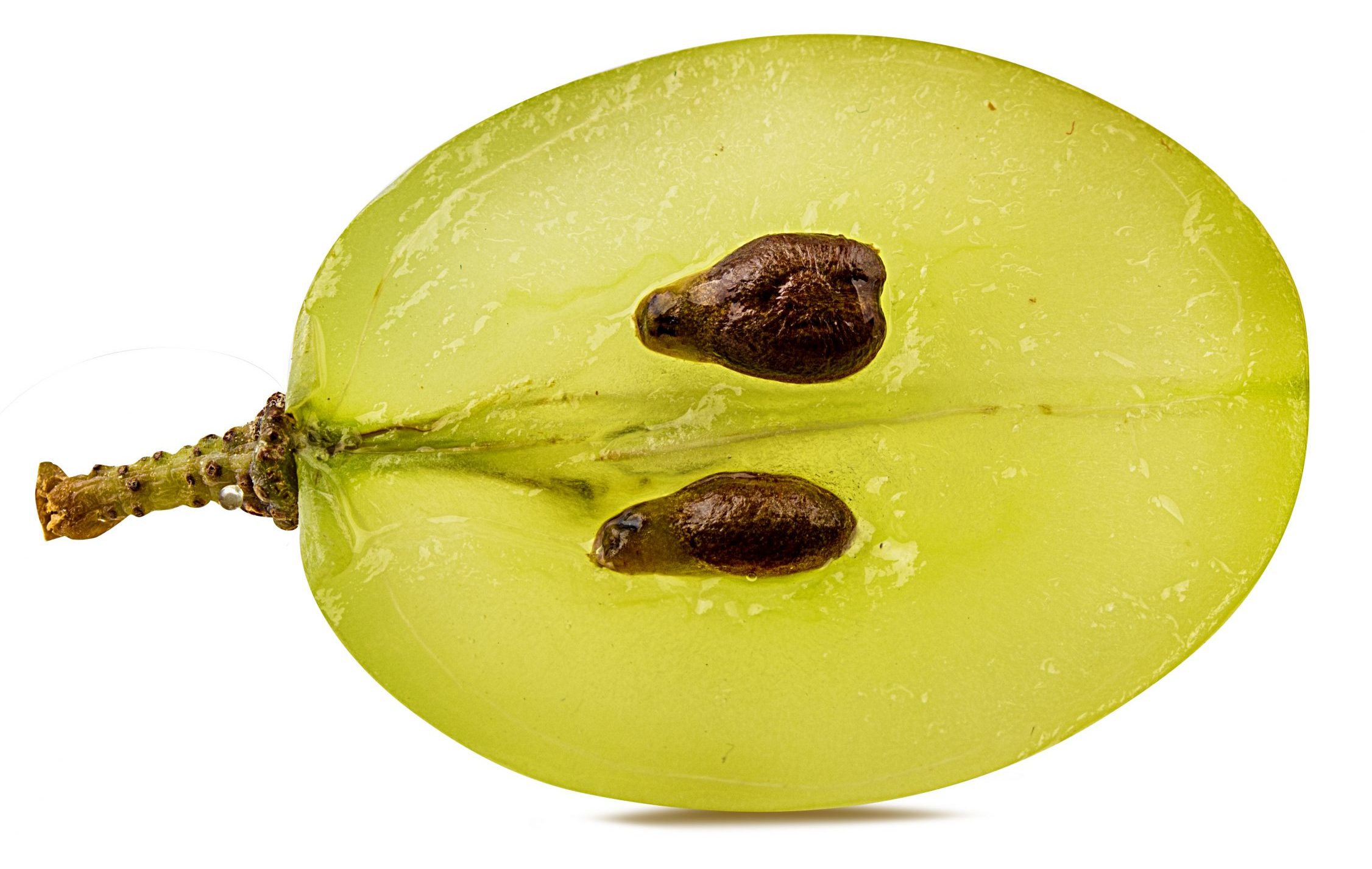
#Grape Seed Extract (OPC)
Grape seed extracts are among the most powerful antioxidants known to man. They support healthy skin, allergies, wrinkles, blood vessel problems, eyes, PMS and chronic inflammation. There is OPC in grape seed extract, and with it, tremendous health potential. OPC is an antioxidant plant substance and at the same time a specialist for very specific areas of the body. OPC has a particular effect on the skin, the eyes, the immune system and even on hormone balance.
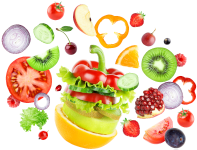
#Phyto nutrients
These phyto nutrients, also called phyto chemicals, are true all-rounders for our health. They are just as important for us humans as the well-known vitamins. They not only give our fruits and vegetables their special taste but also their color and even protect them against predators, sun rays and parasites. Just as lycopene protects the tomato from UV burns, it also protects us – if we eat enough of it and the tomato was really ripe. There are many other groups of secondary plant compounds that protect and nourish our health, our body and its cells.
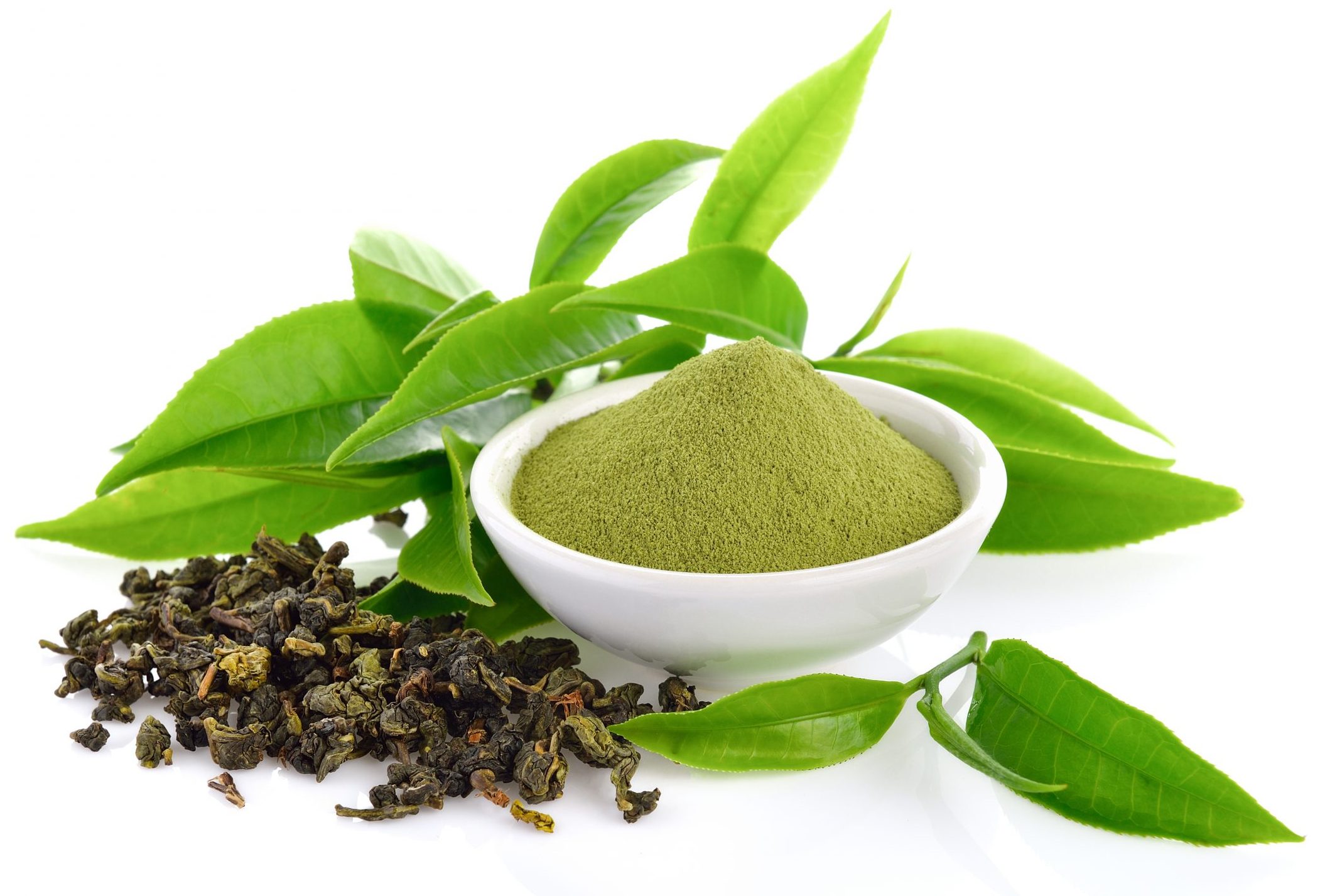
#Green Tea Extract
Green tea is not only the most popular drink on the island of the centenarians, Okinawa, rather it is one of the most studied foods in recent years. The Japanese national drink is considered, especially in the Asian region, as a fountain of youth with seemingly inexhaustible health potential. While the natural ingredients of green tea have already been extensively studied by modern research, the findings on the antioxidant effect of secondary plant compounds on the brain are only gradually penetrating our consciousness – and confirming what the Japanese and even the ancient Greeks knew long ago.
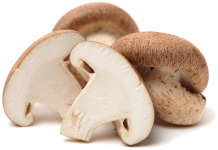
#Shiitake
The shiitake mushroom is one of the most consumed edible mushrooms worldwide. Shiitake is a traditional and most valued culinary vegetable. It is rich in precious vitamins, vitally important phyto nutrients, minerals, trace elements and essential amino acids. Most interesting is a group of ingredients called polysaccharides. They are held responsible for the numerous positive and health effects. A diet with shiitake supports the human organism in every aspect of health.
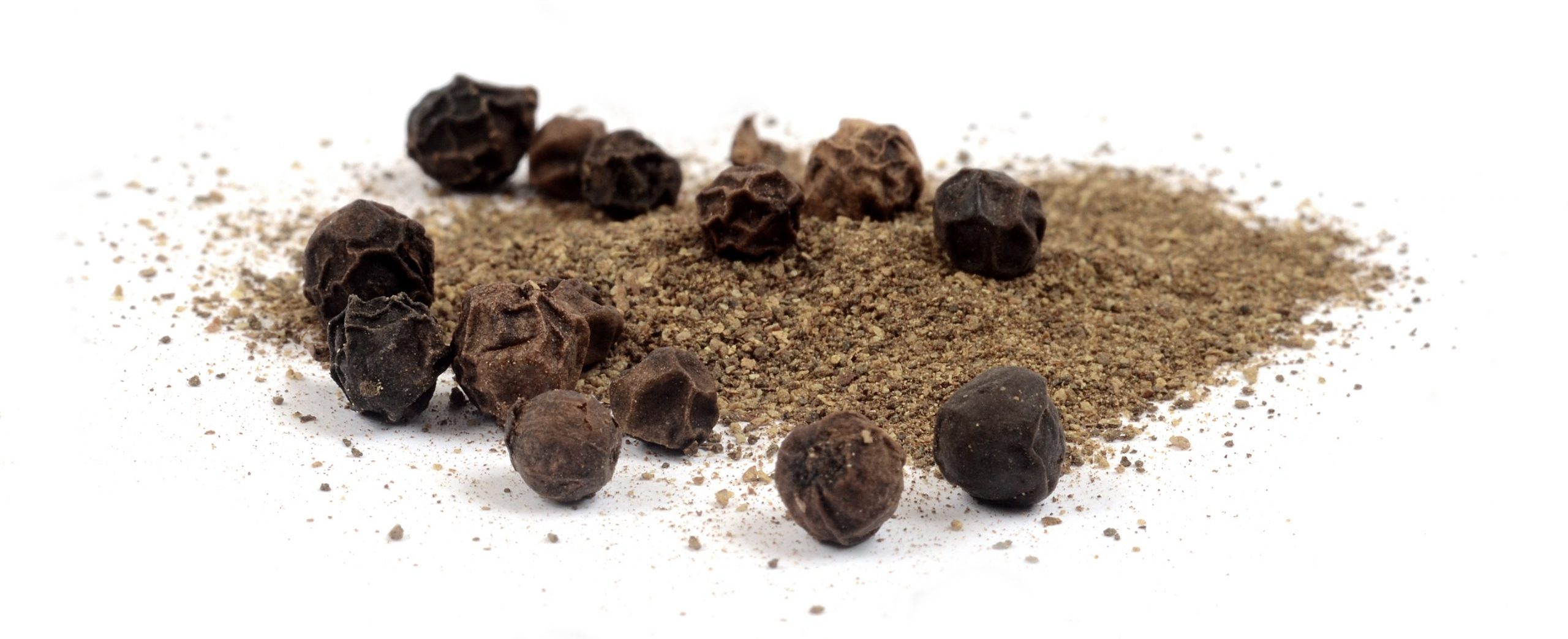
#Black Pepper
It is known that black pepper or the secondary plant substance piperine contained in it can increase the bioavailability of secondary plant substances, e.g. curcumin, by a factor of 20, as studies have shown. To achieve this, it is sufficient to add only 1 % piperine to curcumin.
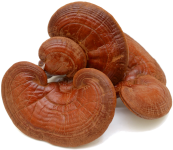
#Reishi
Reishi is another Asian mushroom that has similar characteristics to shiitake. It is also a traditional food in the asian cuisine since many centuries. Shiitake mushrooms in addition, it have numerous positive effects on sleep, nerve health, even the menopause, joints and even the skin and lungs.
About us
bonus program
Legal
© by newXise 2020

